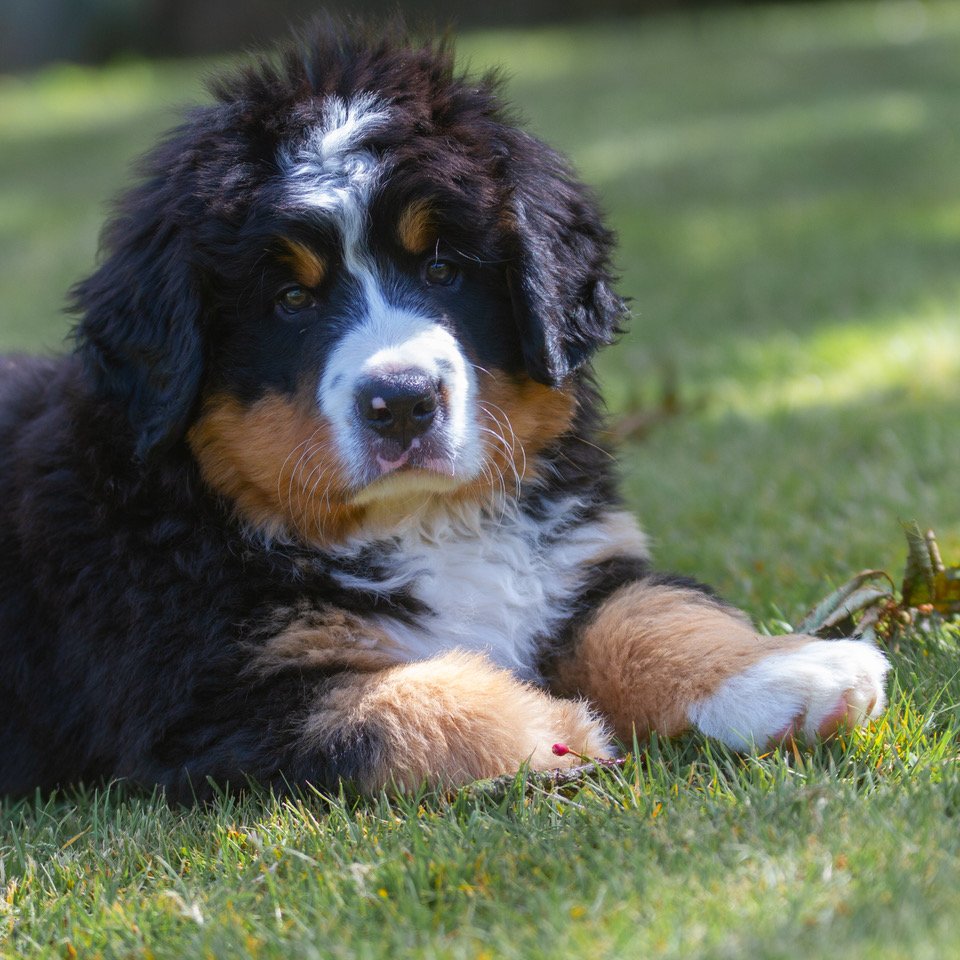
Nature vs Nurture
When raising a dog, it comes down to 2 key considerations;
1) How the dog is bred, and the decisions made by the breeder
2) How the dog is cared for looked after by its new owner
Whilst breeders can give no guarantees as you will see from the health testing section of this website there is lots of testing prior to breeding that breeders can do to try and reduce future health problems. However, despite the best efforts from the breeder it is down to the new owners to try nurture their puppies in the optimum way to help the dogs live a happy, healthy life.
The below is based on our experience and beliefs and reflects the guidance we give our own puppy owners. However, whilst some of this information may be commonly accepted, we respect not every breeder will have the same views as us, but that does not make it wrong.
Breeder Nurture
To give the puppy the best start breeders use their knowledge and experience to meet both the physical needs and the developing social needs of the puppy.
This involves choosing the right weaning food, which will differ between breeders, and whilst some will prefer a totally raw diet, other breeders will prefer a kibble diet and some will do a mix of both but ultimately it is about the quality of the food (raw or high quality kibble) and quantity of food (enough to sustain a fast growing large breed puppy).
As a guide, regardless of male or female at 8 weeks of age a Bernese puppy should weigh a minimum of 8kg, ideally closer to 10kg.
The breeder should also provide puppies with a stimulating environment both indoors and outdoors. Puppies brought up in the home have far more experiences of everyday life, the hoover, TV, conversation, cooking smells etc than puppies not bred in this home environment.
For information about how we raise our puppies at Waldershelf please see ‘Raising our puppies’ in the puppy section of this website.
New Owners Nurture
Although a good breeder will have given you lots of information and guidance on how to approach all aspects of dog ownership and many good breeders would like to keep in touch and support you through this period, ultimately your new puppy is now your responsibility to nurture carefully into adulthood.
Sometimes a difference can be seen when dogs reach maturity between a dog sold by the breeder vs a sibling kept by the breeder and whilst the genetics are the same, the first 8 weeks were the same but due to how they have been nurtured they can finish up looking vastly different.
Explained below are some of the reasons we belief contribute to this.
Feeding
Quality - All growing Bernese need to be fed on a high-quality balanced food appropriate for large breed fast growing dog, whether this be raw or kibble. With this sort of diet there is no need to start adding extras like calcium or dairy products as too much can in our opinion affect joint development.
Quantity – One of the biggest failings by new owners is not increasing the food frequently enough (weekly) whilst their puppy is growing. For the first year your puppy will eat more food than it will as a mature adult, you can reduce quantity and even change to a cheaper food once the puppy is fully grown.
We often hear of vets being notoriously critical of puppies being overweight but when we have seen the puppy they are in our opinion, as breed specialists, the ideal weight for its age.
Exercise
One of the thing that most Bernese breeders do agree on, is no steps, stairs, jumping out of cars and free high speed chasing, twisting and turning with other dogs etc. Even with the best genetics any of these things can cause too much stress on the joint resulting in orthopaedic problems. If you have older dogs, then let them socialise calmly with the puppy whilst carefully managing play.
The amount of exercise is perhaps one of the most controversial aspects that even long-standing experienced breeders don’t all agree on. Traditionally breeders quote 5 minutes per month of their age per day, so a 6-month puppy has 30 minutes exercise a day.
We believe the right amount and type of exercise is critically important for puppies, they need enough that allows them to develop muscle, balance, coordination and their cardio vascular system. And in our opinion, 5 mins per month of their age does not provide enough development opportunity for all these things. Exercise needs to be varied and gradually built up as to not put the dog at risk (and considerations as to the fitness level of the puppy, temperature, ground hardness, incline etc must be taken into account) but limiting the exercise so much to 5 mins per month means in our opinion they do not develop the muscle to support their joints making them in fact more susceptible to injury.
It is important to think about what equipment you use when walking your puppy/dog as the wrong selection can do as much damage as exercising in the wrong way. Having a collar or harness that allows for full free movement of the shoulder is as vital as the right exercise, otherwise muscle is built incorrectly which then impacts the wear of the joints. This video illustrates the impact of different collars/harness.
4. Temperament
Some breeders use formal character assessments or the Kennel Club Good Citizen Dog Test Scheme for their breeding dogs but for many it will just be a matter of at least meeting mum and making your own mind up about her temperament which should be friendly even when she has puppies. We personally accept visitors from a young age and all our dogs are happy with that.
Hopefully puppies will have had lots of stimulating experiences whilst with the breeder to help make them into well rounded individuals by the time they go to their new home.
Then there is the nurture bit of temperament which involves you continuing the good work the breeder has started and getting your puppy in to as many varied and stimulating situations as possible. The first 6 months in their new home is critical for their social and emotional development.
Puppy training classes are essential to help develop confidence for both the puppy and the handler, make sure you find a class that uses positive techniques, and provisionally register your interest early as good classes often book up months in advance.
Over protective owners often have nervous dogs that are a symptom of the owners not allowing them to go forward and socialise and develop confidence as puppies, often this is with good intentions as they are afraid they may jump up but is actually not helping their social development.
Likewise, soft owners or those who give mixed messages/inconsistent training, who don’t set clear boundaries can finish up with a strong minded, challenging dog because their dog has never learned respect and appropriate behaviours.
Our advice in order to have a well-rounded dog is, be consistent, have clear rules and boundaries and take lots of time to socialise and bond with your puppy.
Whilst getting a new puppy is very exciting, it is common for people to not want to leave them on their own. However, this is as important as spending quality time with them as regardless of your home situation there will be times during the dog’s life where they need to be left for a period of time and it is your responsibility as their owner to set them up for success and not encourage behaviours linked to separation anxiety. Make sure to speak to your breeder and dog trainer about this who will be able to offer advice.
We are happy to provide advice and answer any questions but your breeder should be your initial starting point as rearing puppies is a very personal process and every breeder will have a different approach.





